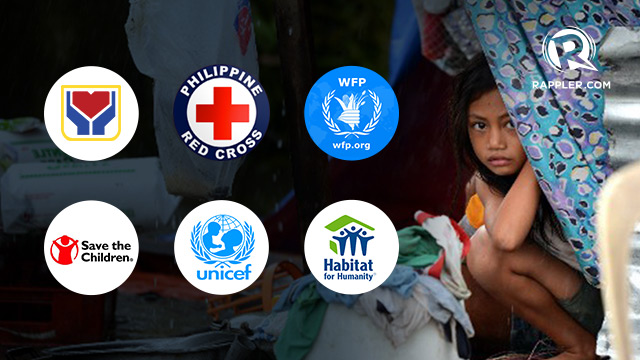by Elmer S. Soriano
Kung gusto, may paraan. Kung ayaw, may dahilan.
This expression roughly means, "When there is a will, there is a way. When something is undesired, there is an excuse."
Policy in the context of devolved health services can be confusing because national agencies and local government units can blame each other for shortcomings. At the national level, the national agency may have a policy of health as a basic human right, and universal health care coverage. At the local level, mayors may claim autonomy over leading the municipal health system.
To help clarify the matter, Prichett and Sharma (2008) present a nomenclature that sharpens the discussion.
A policy is a mapping between states of the world and actions by an agent of an organization. This is true of a government policy or the policy of a retail store (“refunds only with a receipt”) or a fire insurance policy (an agreement on payments conditional on realization of states of the world).
A de jure policy or notional policy is a statement of the desired mapping from the states of the world without a complete specification of the way in which the policy will be implemented.
A de facto or realized policy is either a description of what will happen across
states of the world. The notional policy is one element of realized policy but realized
policy can either be very close to notional policy or realized policy may in fact have very little to do with notional policy.
A policy action is just one outcome of the implementation of a realized policy. A complete policy specification includes not only a description of the notional policy (the mapping from states of the world to actions) but also a coherent behavioral model of the actions of the agents responsible for policy implementation and a specification of the mechanisms influencing the incentives facing the agents.
The mechanisms of policy implementation include a specification of the operation
of the direct organizations of implementation, in particular the actual processes whereby states of the world are determined organizationally (e.g. who has authority to determine the state of the world, the processes and procedures to be used, how state of the world declarations can be contested internally or externally) and the background institutions that constrain the organizations in mechanism design (and the specification of background institutions with respect to one policy may include direct organizations of implementation). For instance, an organization may desire to have a policy in which its agents caught stealing are fired, a relevant background institution might be organizations which provide worker protection from dismissal which make this difficult or impossible.
Capability (of the state broadly or a specific organization) can be defined as the ability to consistently produce actions by the agents of the organization across a variety of situations (states of the world) that comply with organizational policies and procedures and further the goals of the organization. This is as true of private firms as not-for profit organizations (from religions to universities to hospitals) as for government agencies. This needn’t involve mimicking the organizational practices of private firms—it can be accomplished in a variety of ways from high powered incentives to fear and intimidation to rigorous selectivity to sustained inculcation of the organization’s values (and likely some combination of all of the above).
Source: Pritchett and Sharma (2008)
In the case of the Philippine health policies defining tuberculosis care, there are a number of de jure or notional policies, namely: Kalusugan Pangkalahatan (universal health care), National Tuberculosis Program, and the devolution of health services.
However, the de facto policy is that devolution is a dominant notional policy, such that mayors have been given, in effect, the power to veto the Universal Health Care policy and the National Tuberculosis Policy. The fact that multiple-drug resistant TB is rising due to gaps induced by mayors, and this is allowed by DOH Regional Directors illustrates this de facto policy.
Source: Pritchett and Sharma (2008) http://www.hks.harvard.edu/fs/lpritch/NEW%20docs,%20ppts,%20etc/Implementing%20Growth%20Analytics.pdf






